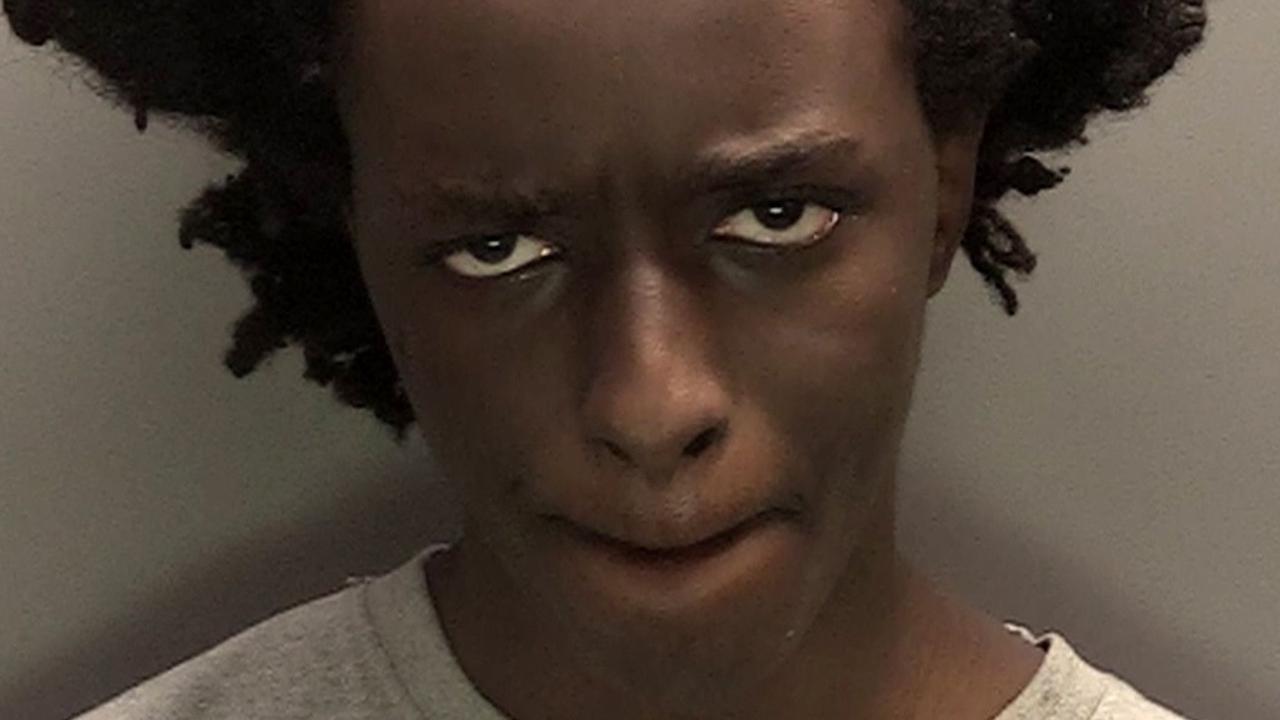Automatic suppression of alleged sexual offenders’ identities abolished by SA Parliament after two-decade Advertiser campaign
For decades, their names have been kept secret, their faces hidden from the public. Now, those accused of sexually preying on children and the vulnerable will be exposed by new laws.
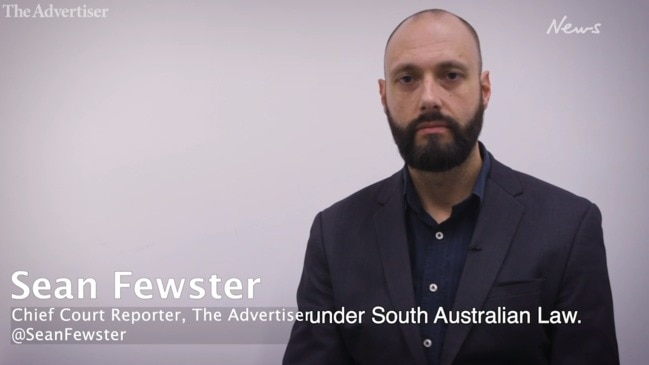
Crime in Focus
Don't miss out on the headlines from Crime in Focus. Followed categories will be added to My News.
- Analysis: Abolishing secrecy ends inequity within justice system
- Support journalism that generates change with an Advertiser subscription
Alleged rapists and paedophiles have lost their protected status under South Australian law and can now be publicly named from the moment they appear in court.
On Tuesday, after nearly two decades of campaigning by The Advertiser, State Parliament abolished the archaic, automatic suppression of alleged sex offenders’ identities.
Their names will – like those of every other class of alleged criminal – be public knowledge unless they can convince a court to impose a secrecy order.
Only those alleged offenders for whom disclosure would also identify their victims – whose anonymity remains guaranteed under law – will remain unnamed.
The change has the support of peak advocacy groups Bravehearts and the Carly Ryan Foundation, as well as abuse survivors like Adelaide’s “Masked Brothers”.
It brings SA into line with not only much of the rest of the country but also the 21st century, reflecting changed community attitudes such as the #MeToo movement.
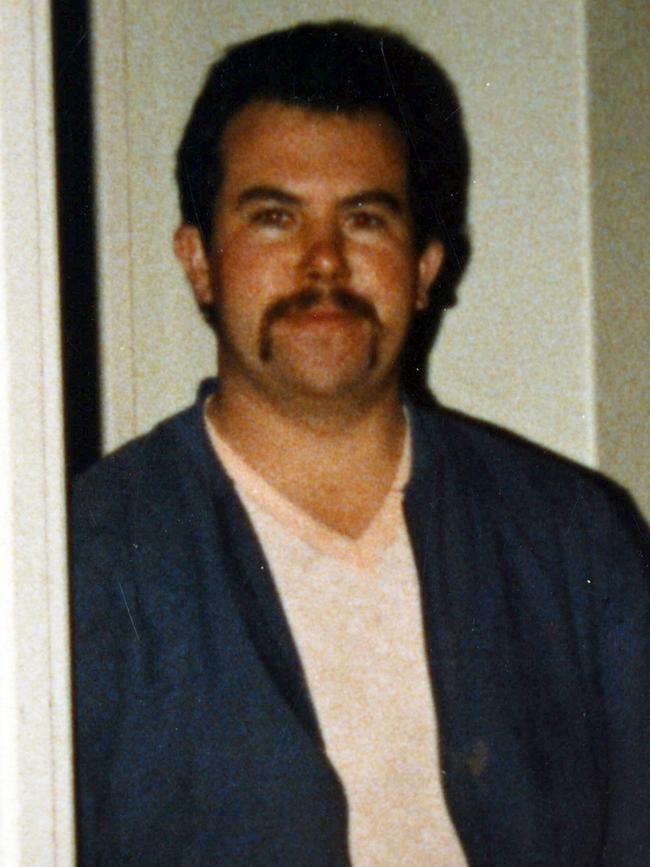
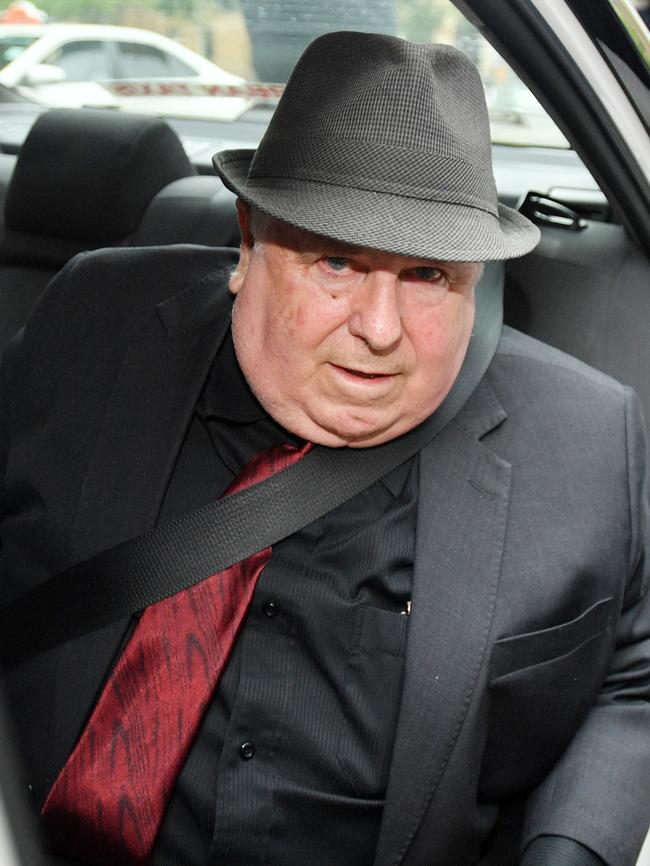
THE LONG ROAD TO TRANSPARENCY
2011: Judge calls for end to gag orders, Labor Government refuses
2013: Landmark first – and only – victory under Labor’s half-measure compromise
2018: Campaign calls for end to unjust, isolating, out-of-date law
2019: Archaic, draconian laws to end under draft Bill set for Parliament
Attorney-General Vickie Chapman said the laws not only increased the justice system’s transparency, but also safeguarded the public’s right to know.
“A defendant’s identity is not automatically suppressed for any other type of offence,” she said.
“This has effectively stymied the public’s right to know who has been charged with offences that may very well be relevant to the broader community.
“I’m pleased to see broad support for measures that will help strengthen the public’s right to know, and victims’ choice to be heard.”
The Bill rewrites Section 71A of the Evidence Act, which banned reporting of not only an alleged sex offender’s identity but also all details of their case.
Unlike Section 69A, which empowers judges to suppress matters to protect the legal process, 71A operated automatically and punished breaches with a $120,000 fine.
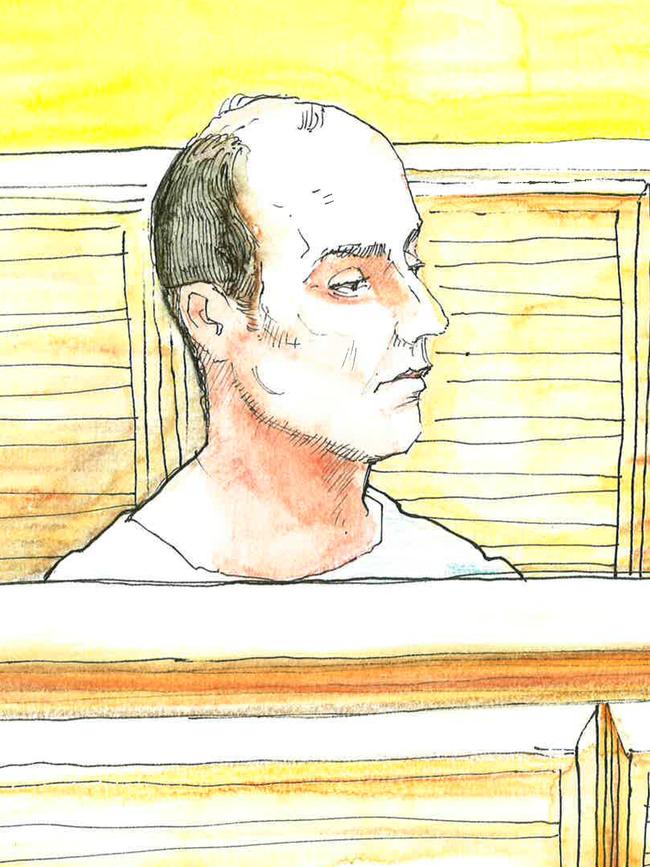
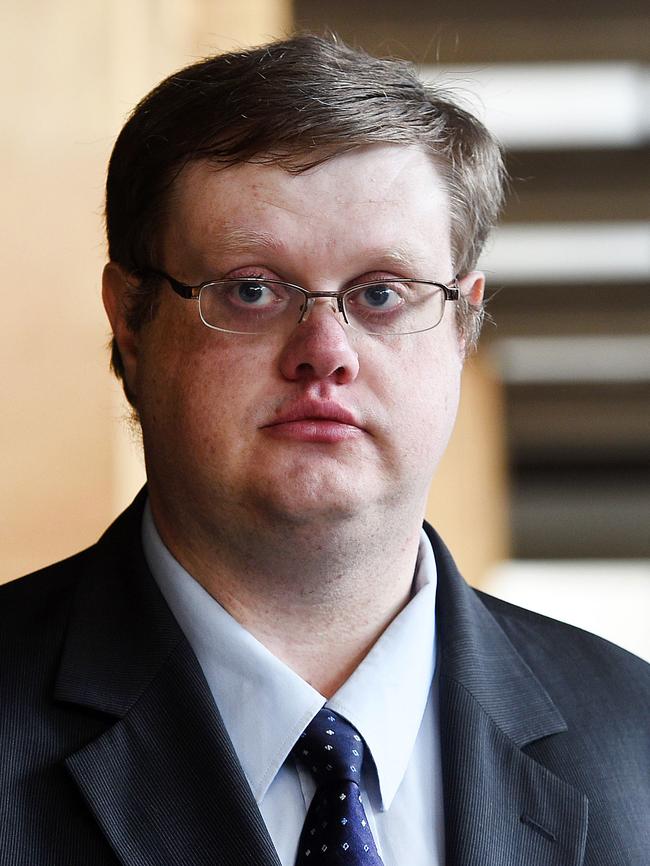
One part of the section will not be rewritten – the automatic ban on identifying the alleged victim of a sex crime, without their consent, will remain in force.
Victims have always been allowed to publicly identify themselves but, because of 71A, were not allowed to talk about their cases prior to a conviction.
The decades-long push to abolish 71A intensified in 2011, when the then-Labor Government declined to act on a judges’ recommendation it be scrapped.
Tuesday’s landmark legislation follows The Advertiser’s 2018 “Your Right To Know” campaign, which specifically called for an end to 71A.
The rewritten law also requires SA Police to “make all reasonable efforts” to inform alleged victims that a defendant’s name can be published following their arrest.
Ms Chapman said that provided an additional safeguard for the rights of victims.
“While I accept that suppression orders are a useful tool within our justice system, particularly to protect victims, I am pleased to see the number imposed across SA’s courts decline,” she said.
“This shows greater openness in our justice system.”
Editorial: Overdue end to special treatment
It is truly horrifying to think that, until today, a law existed to stymie the South Australian public’s awareness of alleged rapists and child sex offenders.
Worse still, that same legislation silenced victims, legally prohibiting them from talking about their cases – adding to theirsuffering and undeserved shame.
Most frustrating of all, the law conferred a special status upon those alleged offenders, granting them anonymity denied to other defendants within a system that is supposed to treat everyone equally.
And yet that has been our reality since the 1970s.
Entire generations of South Australians have lived their lives not only unaware of the predators in their midst, but actively banned from having that knowledge.
On Tuesday, Parliament finally abolished that law by rewriting Section 71A of the Evidence Act.
It did so without altering protections for victims, ensuring they will remain anonymous unless they choose otherwise.
It did so while increasing safeguards for those same victims, requiring SA Police to notify them when an alleged offender will face court and when their name be made public.
And it did so with a view to bringing SA into line with other Australian jurisdictions, with modern community attitudes and with movements like “Me Too”.
The removal of the law symbolises the public’s clear, unambiguous belief that those accused of preying upon our most vulnerable do not and never have deserved special treatment in court.
It also represents a significant victory for public advocacy, as The Advertiser has spent almost two decades campaigning against the draconian restriction.
Abolishing the law was one of the key goals of the “Your Right To Know” campaign, demonstrating the continued power of newspapers to serve as a voice for community issues.
It now falls to the state’s judges to reflect those beliefs in their decision-making, rather than use other, unchanged suppression laws to keep up the secrecy.
Originally published as Automatic suppression of alleged sexual offenders’ identities abolished by SA Parliament after two-decade Advertiser campaign


